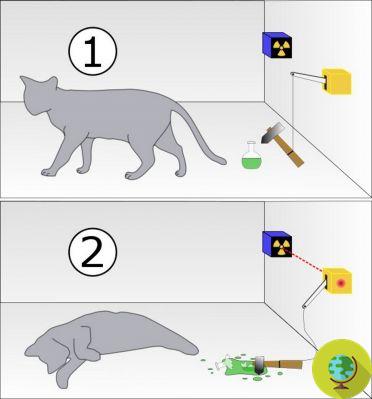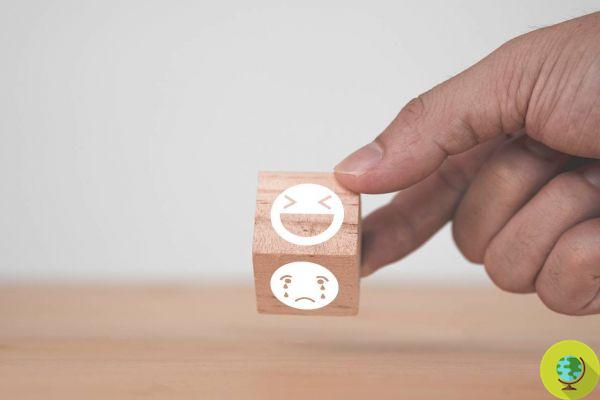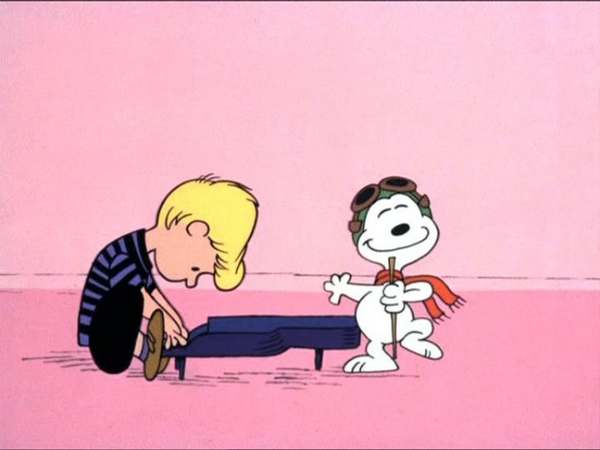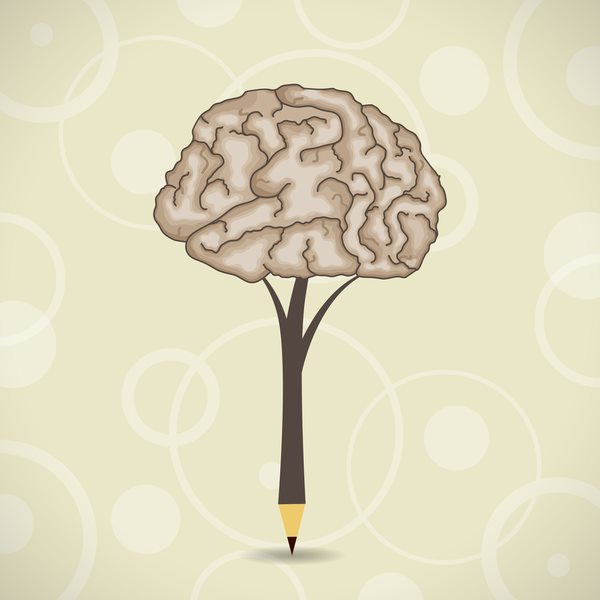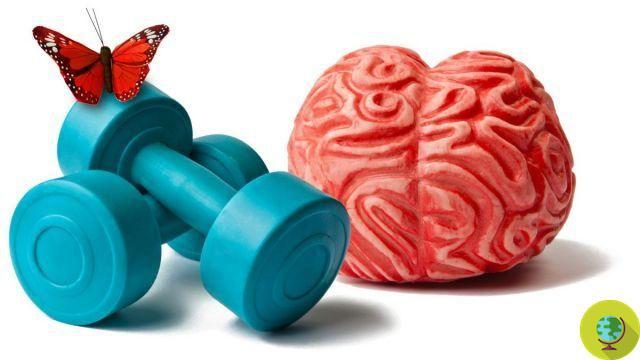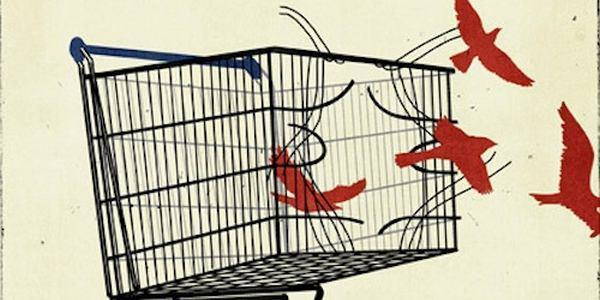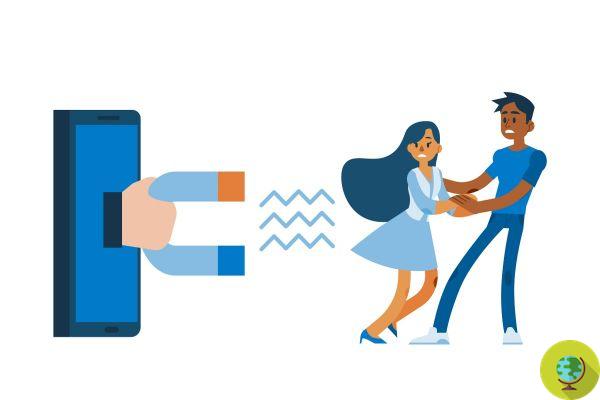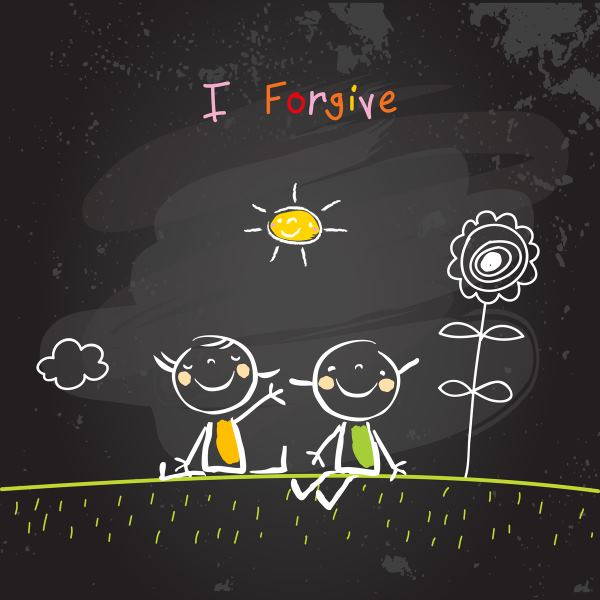Emotional hangovers have a major impact on our physical well-being, memory and understanding of future events. How to deal with them and minimize their effects.
Don't store avocado like this: it's dangerousEmotions are fundamental in our life: they support us in our actions, they can determine our choices, they provide us with a "key to reading" what is happening around us. They generally have a rather "linear" trend (which, for some, includes mood swings or emotional variability) but if an event out of all expectations occurs, for better or for worse, then our emotions can have a peak unexpected, an unexpected whirlwind. They represent a real one emotional hangover: their effect on our body is overwhelming, tiring or exciting; they manage to alter our perceptions and - according to a study conducted by the Universities of New York, Berkeley and Geneva - even the way in which we will remember subsequent experiences.
The physiological activation given by an exciting experience generally means that that event is easily remembered even over time; the results of the research have shown how events that have a strong, very strong emotional impact produce changes in brain states that can persist over time. There are two consequences: the first is that what happens next is better remembered (better than the memory we would normally have, without having experienced an "emotional hangover" first); the second is that "distortions" may persist - which psychologists and others call "bias" - or errors in coding and linking new information that, in reality, are not correlated. In other words: an emotional hangover today can affect - for a long time - the perception of future experiences. Which therefore can be distorted.
Can the "emotional hangover" be avoided? Probably not. These "swings" are the result of intense, pleasant or painful experiences. Either way, they have vibrant consequences that also reverberate on the body. In the first case, the sensation may be more related to euphoria. It is a surge of dynamic, shocking and crackling energy. When it drops, it can leave a feeling of emptiness, the difficulty of returning to a more everyday dimension. In the second case it is destabilizing, it takes away the reference parameters, it is a sudden black bereavement, disorienting and annihilating, and can cause headaches, back pain, tiredness, fatigue during and afterwards.

Whatever the situation we encounter in life, the "power" of the resulting emotional hangover will also always depend on us. Not only from our ability to manage and process emotions but also from the gaze (not only intellectual but profound, "embodied") with which we live and interpret the world. It is not just about emotional intelligence, about the "life skills" illustrated by Goleman, but also and above all about a "centering" on the Self that allows you to approach life in a different way: which does not mean becoming like gods. Weather in Vulcaniani and, like "Spock," denying emotions because they could "destroy" or hurt us. On the contrary: it is a question of living them better and more fully.

Read also: 156 EMOTIONS YOU HAVE EXPERIENCED, YOU DON'T KNOW YOU HAVE TRIED OR NEVER WILL
To do this you need to to come out a little at a time from the usual instinctive reactivity to gradually arrive at an emotional response that integrates all planes, including that of the Self. To get there you don't need magic wands but good practices: for example a little bit of mindfulness which, especially in its original version, connects mind, body, spirit and emotions; the development of their own spiritual talents or in any case a personal work oriented towards greater personal authenticity and connection with the Self. These are experiences that over time affect at a profound level, also modifying the brain structure; consequently, spontaneously, what for many can represent a "hangover" (with all the unpleasant consequences of the case) can become, if anything, just ... an extra glass. Much easier to dispose of and without side effects.
Anna Maria Cebrelli





